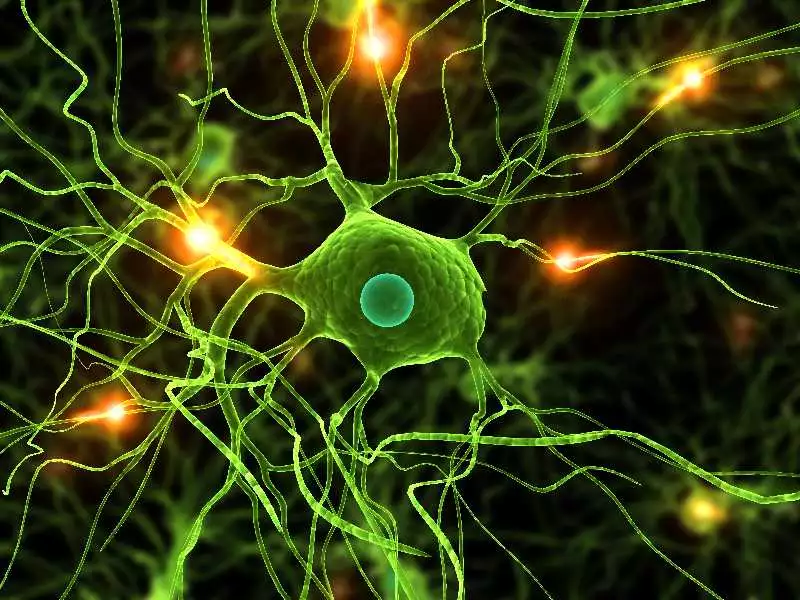Since 1980, more and more cases of allergies, asthma, ADHD and autism have been registered among children. Some statistics report a 50% increase in these disorders over the last 20 years. More and more children have dyslexia and various types of school problems. According to some scientists and doctors, the problem lies in an imbalance of the internal ecosystem and the gut ('unsealing of barriers'). This is caused by changes in the external environment, lifestyle, diet, the child's exposure to toxins and chronic stress.
It has recently been heard that the gut is our second brain, why?
The theory states:
- communication between the gut and the brain,
- the role of the vagus nerve,
- the neurohormonal system in the gut.
What is the vagus nerve?
It is the longest cranial nerve. It earned its name because of the extensive pathway along which it 'wanders' from place to place, sending nerve fibres from the brainstem to the internal organs. It provides two-way communication between the brain and the 'rest of the body'.
The vagus nerve is the centre of the parasympathetic (parasympathetic system) part of the autonomic system.
By communicating nerve impulses to each organ, it oversees a huge number of vital processes:
- regulates memory, breathing, the heart
- initiates a state of relaxation,
- relieves inflammatory processes,
- ensures communication between the intestines and the brain

photo: panthermedia
Gut-brain connection
The gut has more than 100 million neurons (just like the brain), functioning more or less independently of it. A rich network of nerve endings in the gut wall sends signals to the brain via the vagus nerve. According to research, the transmission of signals from the gut to the brain influences the development of cognitive abilities and mood.
The nervous system in the gut uses more than 30 neurotransmitters (serotonin, an important neurotransmitter used by the brain, is 80% produced in the small intestine) that influence mood and behaviour, so when something happens in the gut, the brain reacts quickly.
Inflammation or infection in the gut affects changes in brain structure. The digestive system can send inflammatory signals to the brain via the vagus nerve. Through a 'leaky gut', toxic substances can cross the blood-brain barrier, causing brain damage.









